A Hand, a Fist —T.K. Thorne
What kind of world allows young American football players to feel comfortable making a video about raping an unconscious girl? A world where the defense against a brutal, fatal rape of a student in India is that “respectable women are not raped?” A world where a young Pakistani student is shot for going to school?
The brutal actions on Oct 7 shocked us, yet there are daily attacks on women throughout the world. Not to mention the massacre of children in schools.
What do these two subjects—violence against women and mass shootings—share? They are both about power.
In most individuals, most of the time, the drive to power funnels into positive channels—a determination to make a business successful; craft an environment that ensures the best future for our children; cure disease; explore space or the ocean or the world of the quantum; render a painting that reflects our deepest emotions; or find the words that move a reader. That is power.
There are also negative channels—the malicious release of a computer virus, the poisoning of trees: the sabotage of a fellow worker; the punch of a fist; the pulling of a trigger; even when the gun is aimed at the aggressor’s own head. These acts are also efforts to establish or regain power.
Why do we struggle so to be the master of our environment, our emotions, or influence?
Survival.
In the millennia that shaped us, if we were not wired to seek power, we would have been eaten. In another post, The Most Important Question, I explored the question of whether our basic nature has evolved since we became “human.” Recently, a research project added to that discussion when scientists found that the human hand, so intricately designed to manipulate and experience the world was also uniquely evolved to become a weapon, as a fist. We aren’t going to erase our nature, and if we did, we might loose all the best that we are or can be in the bargain.
What we can do, what we must do, is civilize ourselves with laws and education and support safety nets. We need to make abusing power, be it physical, emotional or political, unacceptable; to encourage a world where “success” is culturally defined by making the world a better place.
![]()
T.K. Thorne writes about what moves her, following a flight path of curiosity, reflection, and imagination. Check out her (fiction and nonfiction) books at TKThorne.com

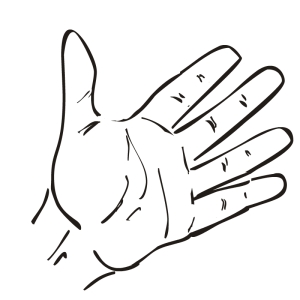
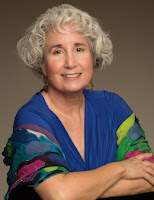
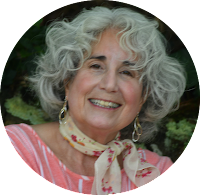

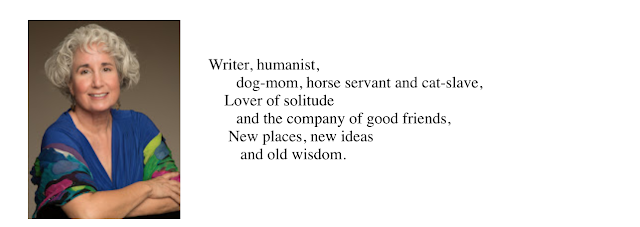
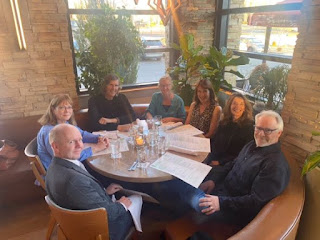
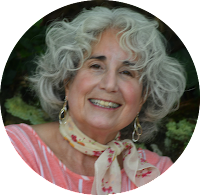

T.K., wise words but how do we do it? Sometimes, it feels like for every positive step we take, some force pushes us back two or three or more steps.
Very true, Lois, and it definitely feels like a step back (and that may be too weak a word; it is a crisis point), but our comparison is narrow. We are a very young species. If we don’t wipe out ourselves or our world, we may survive to grow up. For one thing, if we figure out how to live significantly longer, we may individually and institutionally gain more perspective about what is really important and who we want to be. Here’s hoping anyway.
TK, thought-provoking post as always. You indicated precisely what and why our behaviors are predisposed. Add social, cultural and religious expectations to the human psyche and it becomes even more problematic. Worse it’s a generational and often a repeated cycle.
I’m sure as a retired police officer you know that women too can be the aggressor in a domestic disturbance. I would say overwhelmingly that women are the victims. However, women can attack and manipulate as well and that’s what I wish people would consider.
That’s why the Me-Too Movement disturbed me. Don’t get me wrong, I had my share of harassment in the workplace and I hated it. Later, after my victims advocacy training, I learned that women can be controlling as men depending on the alpha/beta or dominant personality in the relationship. I once was ordered back to a squad car by the officer I was with because I resembled a man’s spouse with whom he’d placed a restraining order. Children are abused by *both* men and women. The fact that men generally possess the greater strength ups the statistics by far. I just want to point out that children are the most vulnerable in this equation.
T.K., this is the problem that troubles all of us. Unfortunately, people who feel powerless can become consumed by rage, and are attracted to “solutions” that are often facile and violent, without understand the history or underlying cause of the issues, or how to resolve them wit hatred or violence. To me, the key is education, but not just in academics. We need to teach empathy to the powerful class as well as the less fortunate, to parents and children, to citizens and foreigners, so that we all can live together in a healthy environment.